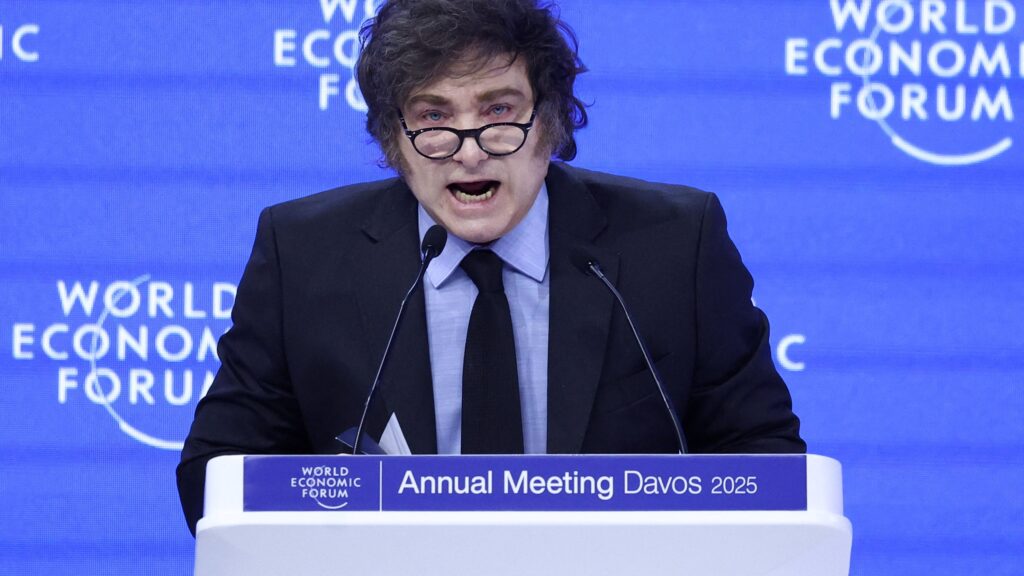President Javier Milei of Argentina made the bold decision to withdraw the country from the World Health Organization, following in the footsteps of his ally, former U.S. President Donald Trump. Milei criticized the WHO for its handling of the COVID-19 pandemic, particularly its advocacy for lockdowns, which he deemed ineffective and politically motivated rather than scientifically supported.
Milei’s spokesperson, Manuel Adorni, highlighted that Argentina’s withdrawal was driven by significant ideological disparities and concerns about the organization’s susceptibility to external political pressures. Paralleling Trump’s stance, Milei condemned the WHO’s recommendations, labeling COVID-19 lockdowns as a “crime against humanity” during a United Nations address.
Trump’s decision to exit the WHO during his presidency was also influenced by similar grievances, including objections to substantial financial contributions made by the U.S. to the organization. This move drew criticism from health experts who emphasized the vital role of WHO collaborations in safeguarding global public health and preparing for future health crises.
Both Trump and his supporters have advocated for a controversial “herd immunity” strategy for managing COVID-19, a stance at odds with prevailing scientific consensus and potentially endangering vulnerable populations. The withdrawal of Argentina from the WHO underscores the ongoing debate surrounding public health measures and international cooperation in combating infectious diseases.
In light of these developments, concerns have been raised about the potential negative impact on global disease response capabilities and the collective efforts to mitigate the effects of future pandemics. The divergent approaches taken by Milei, Trump, and their supporters signal a broader challenge in reconciling differing perspectives on public health policy and emergency response strategies.

